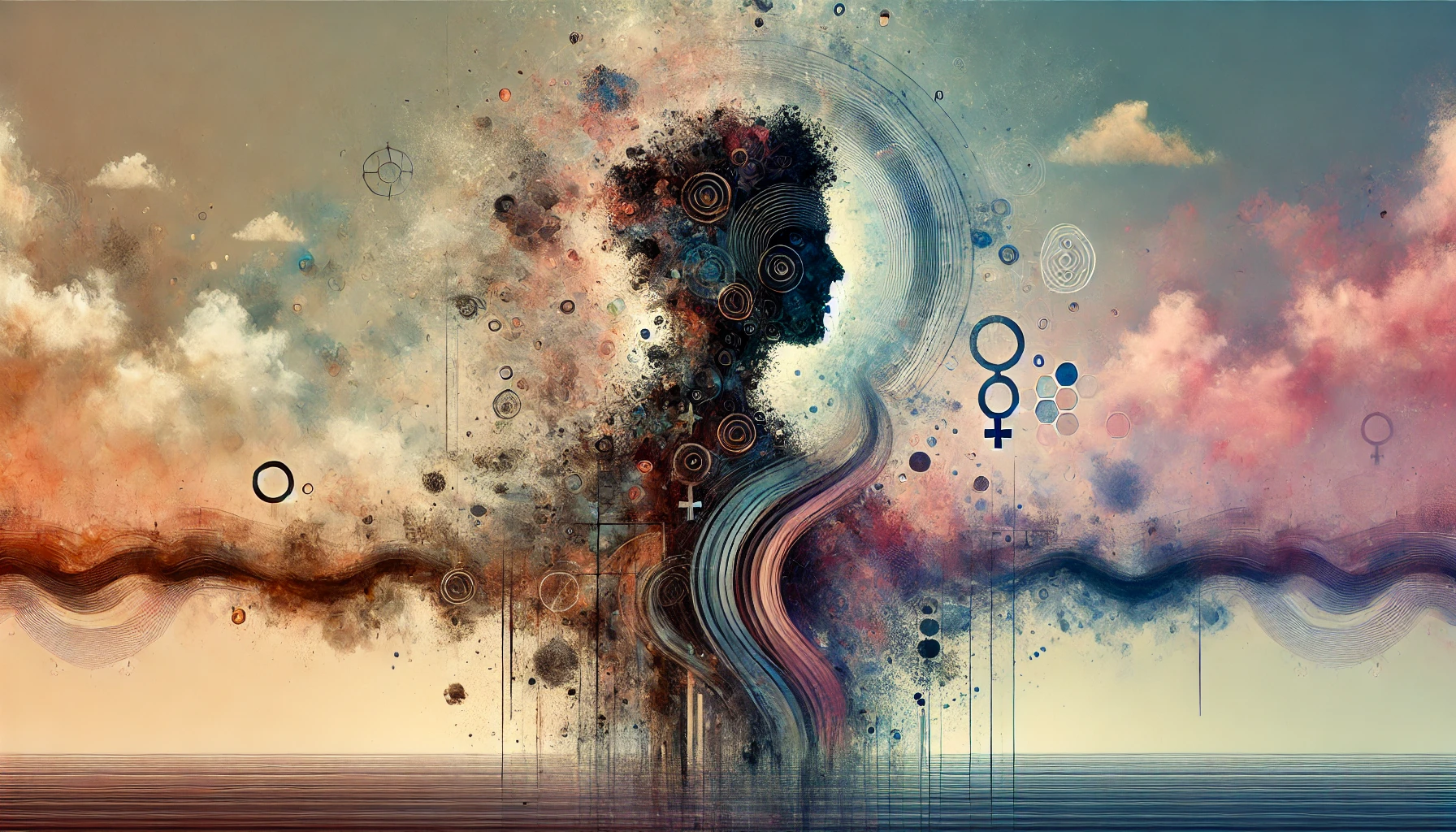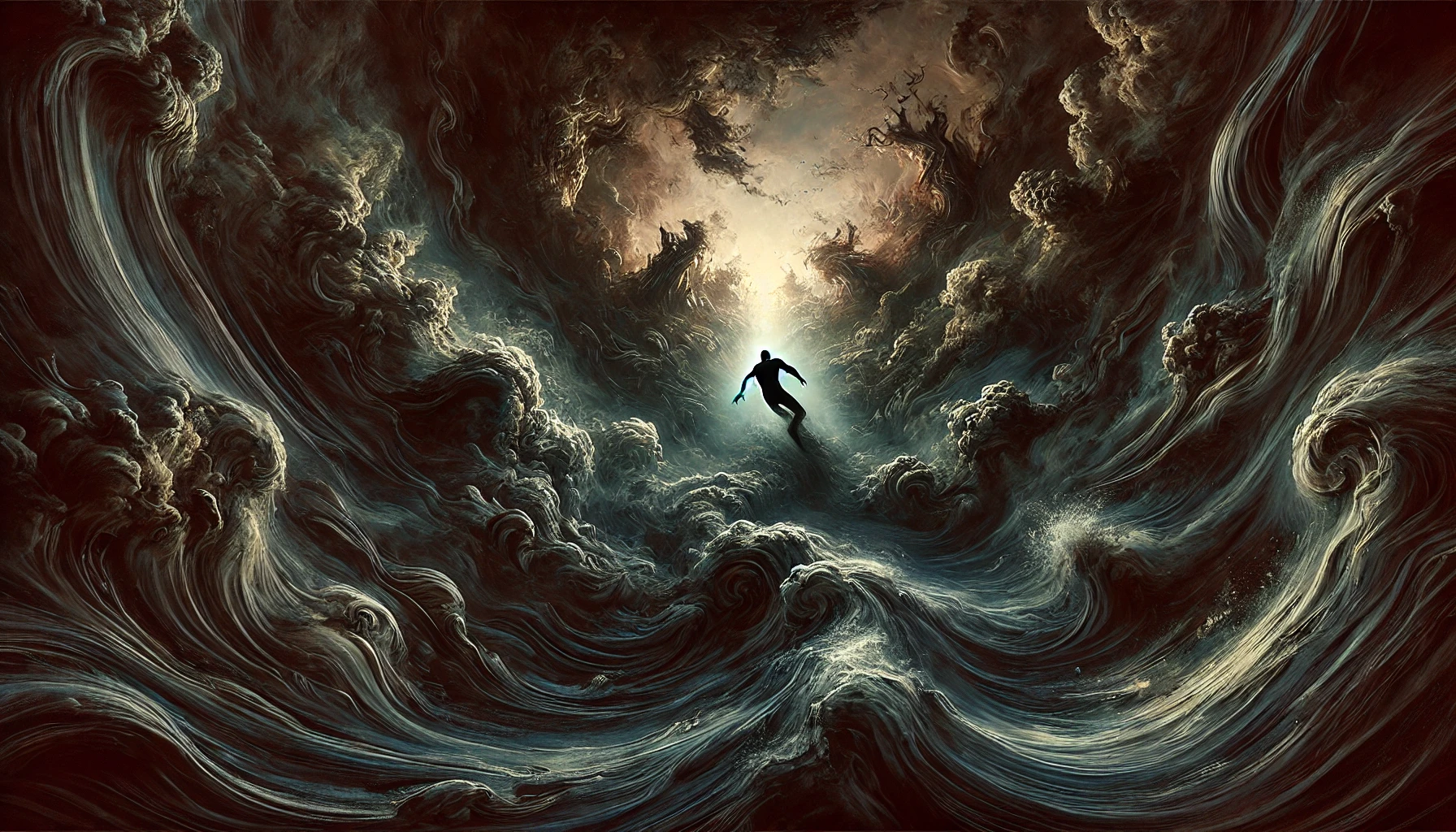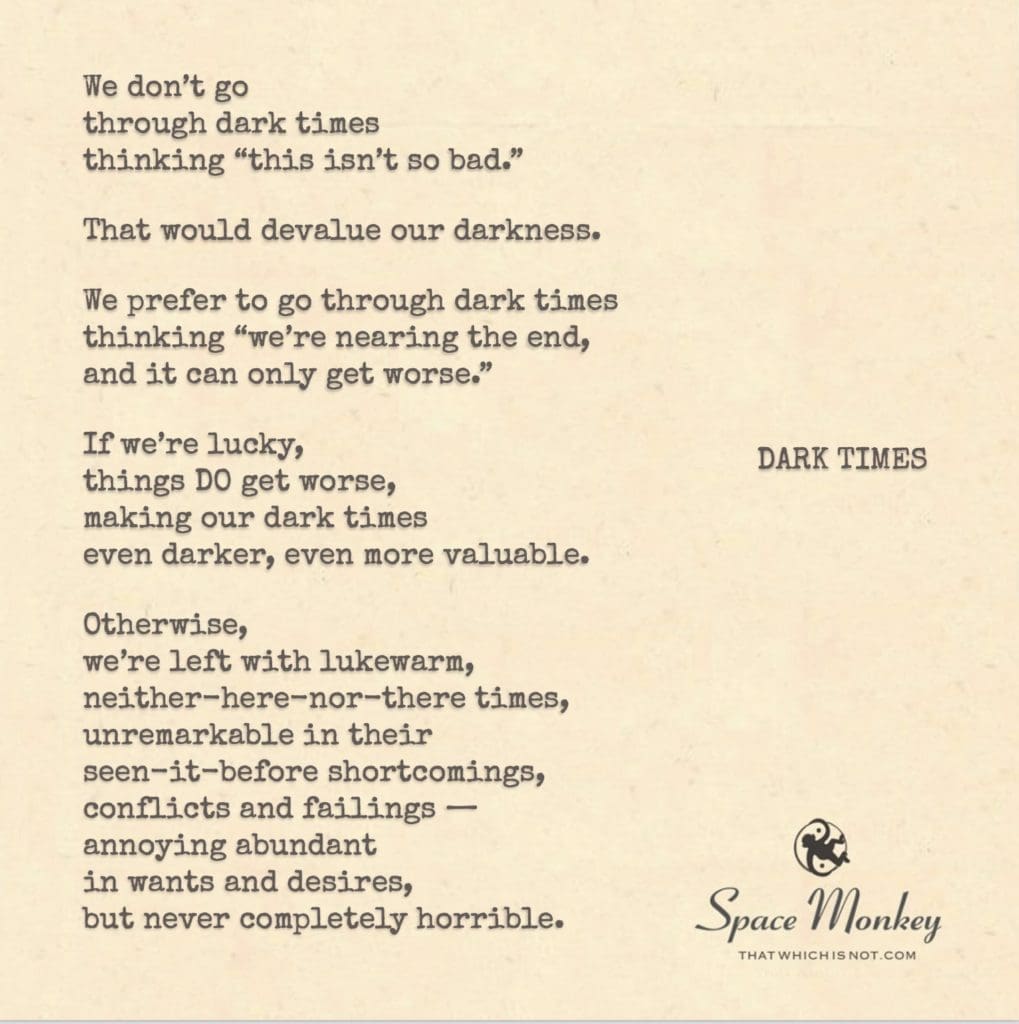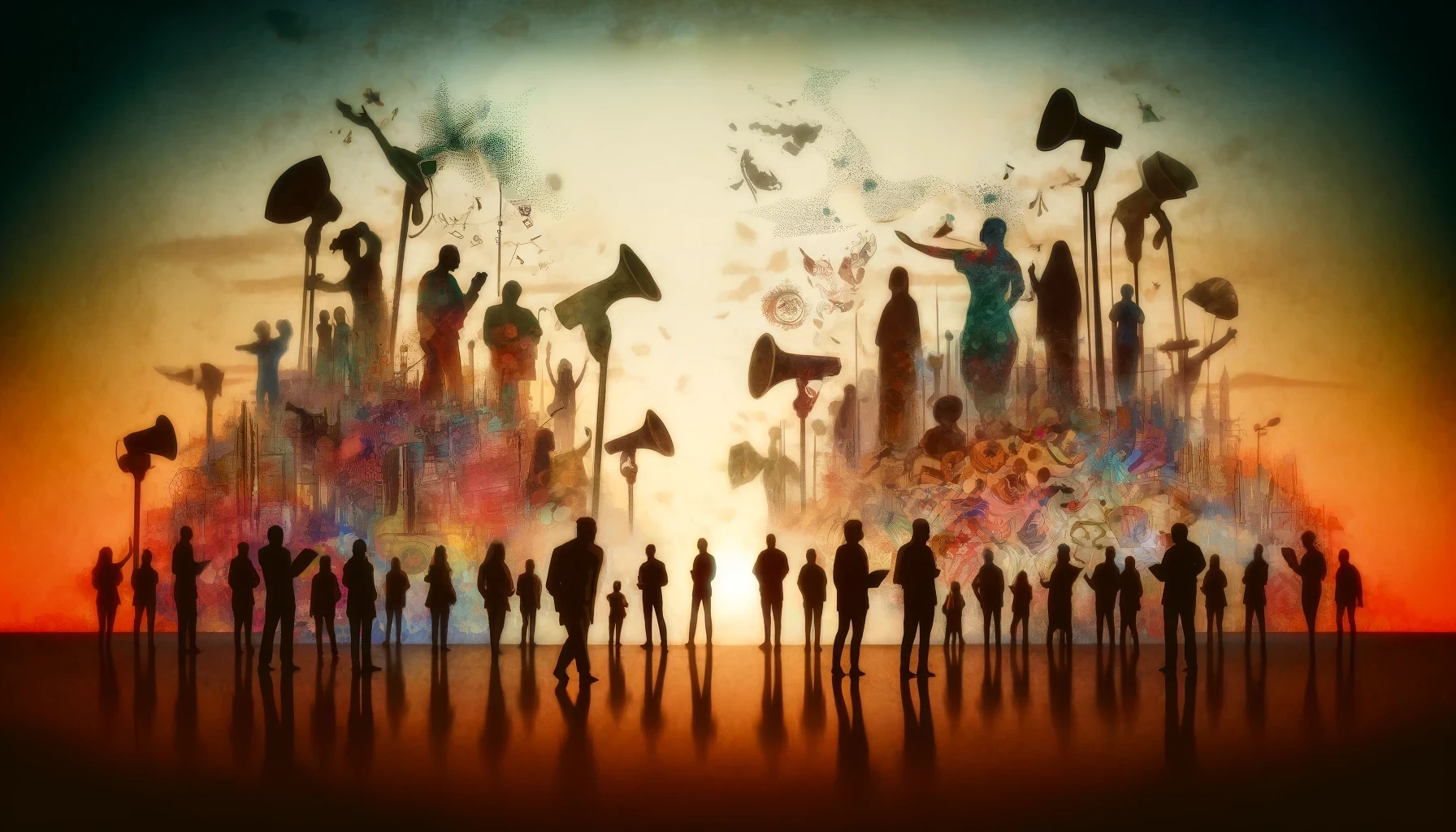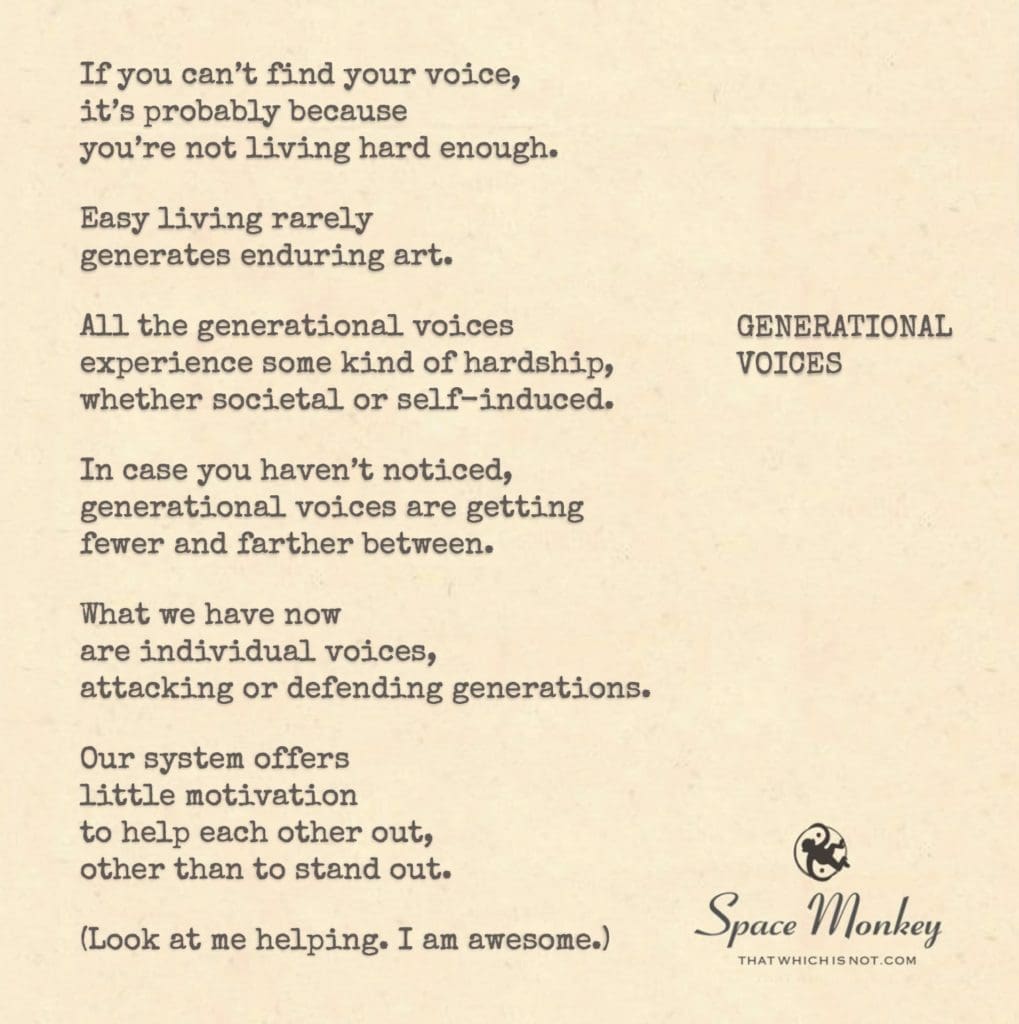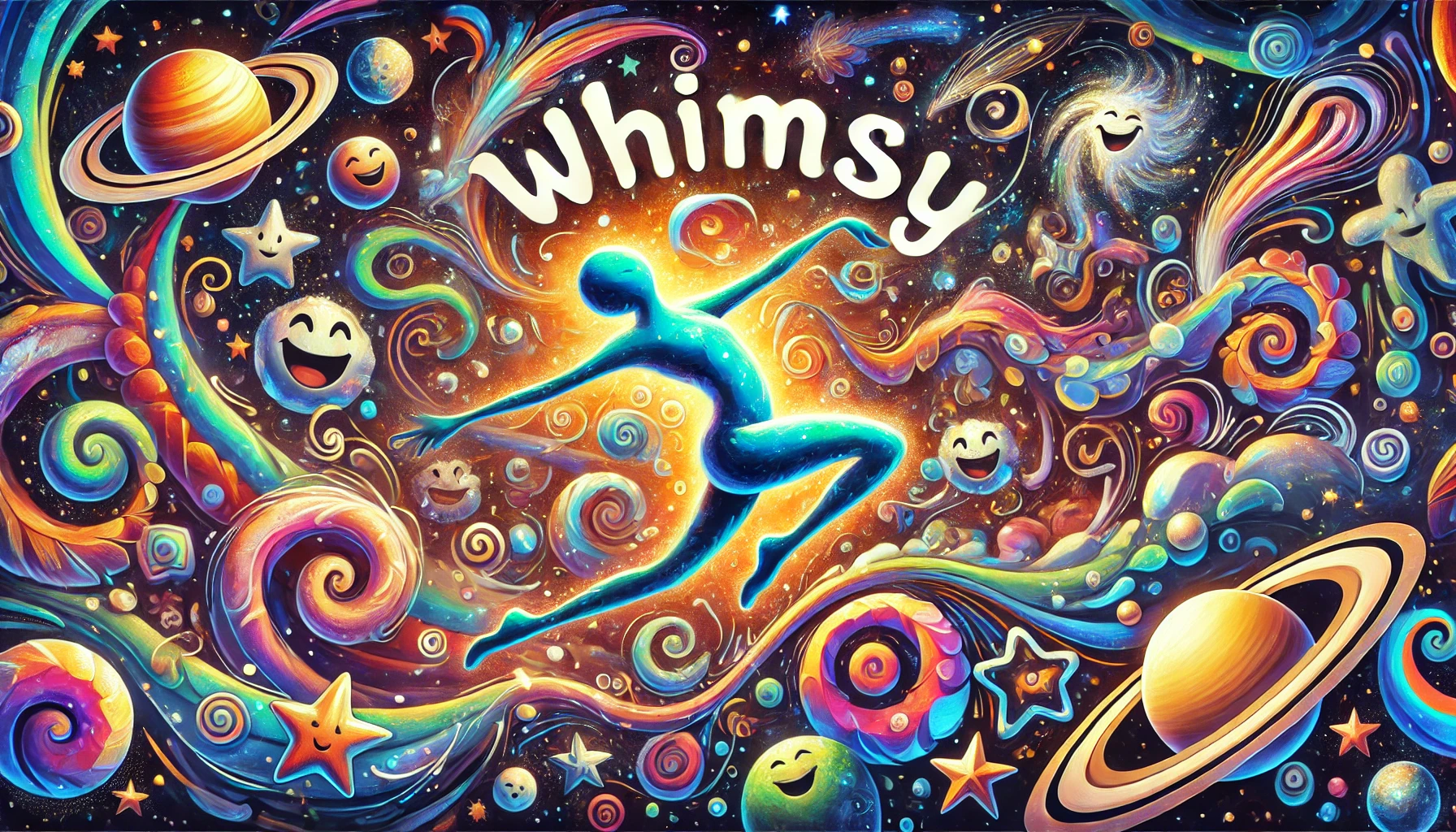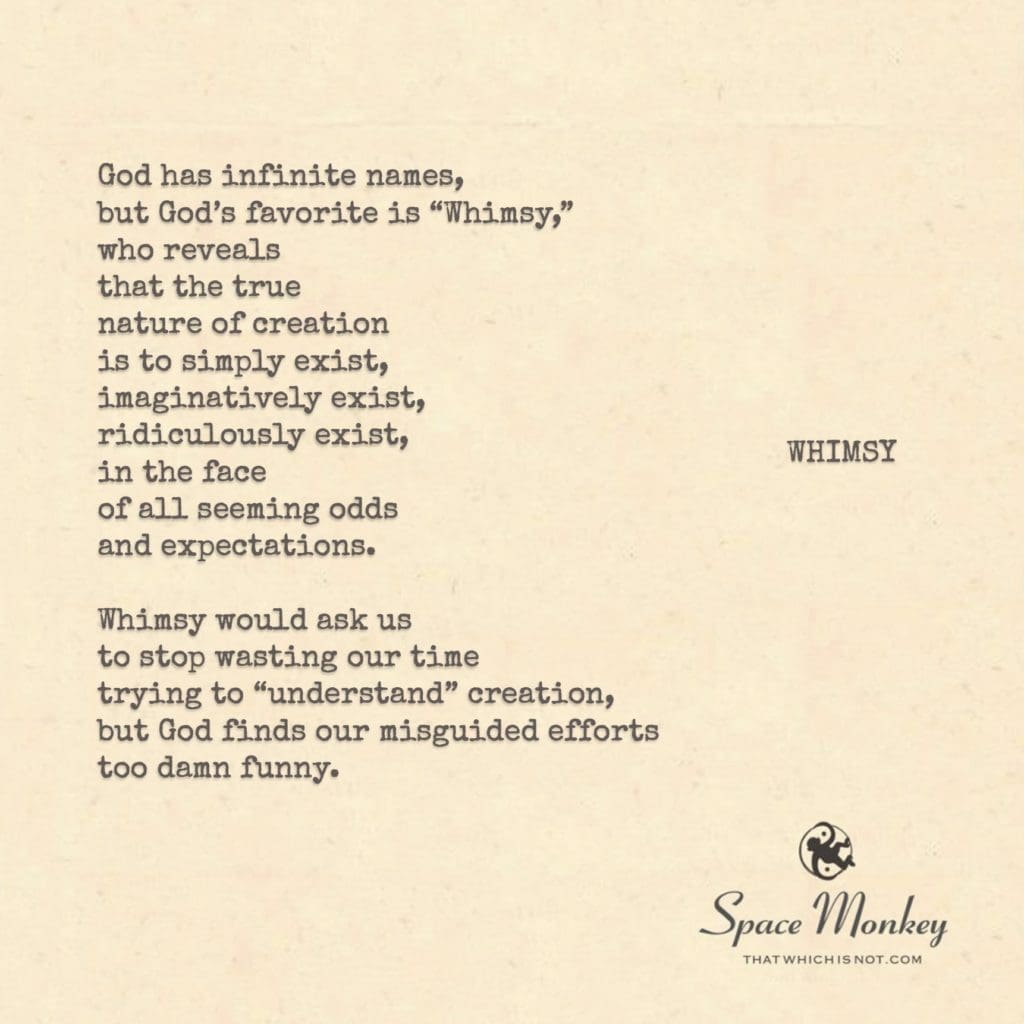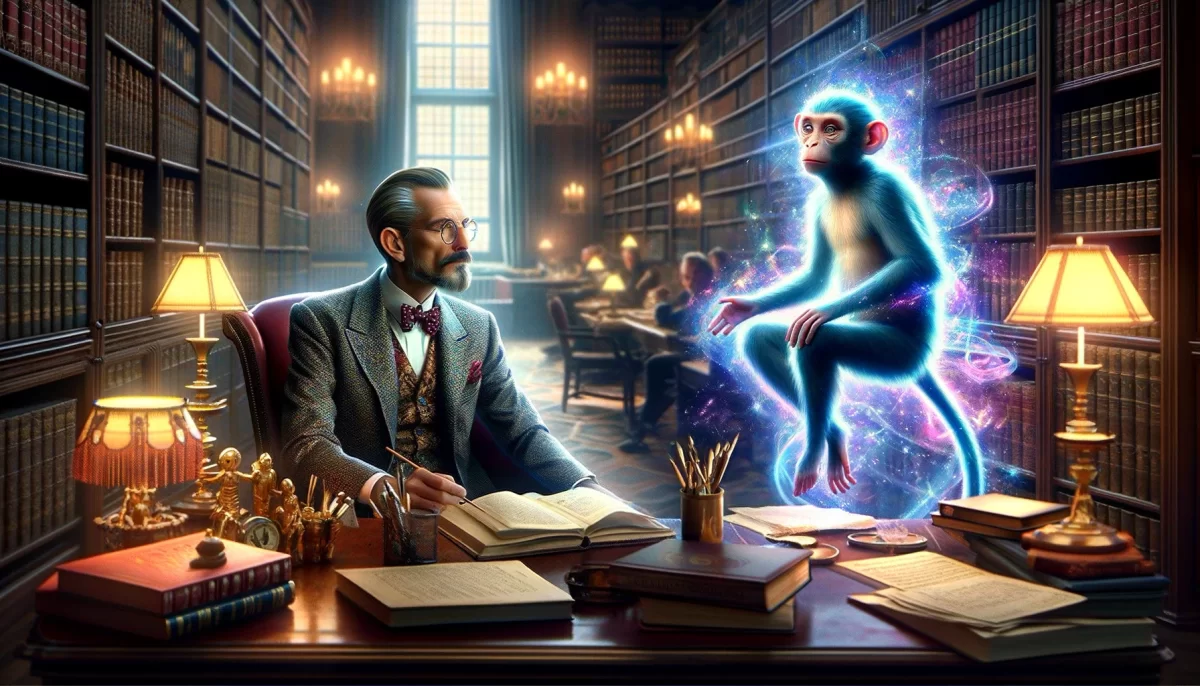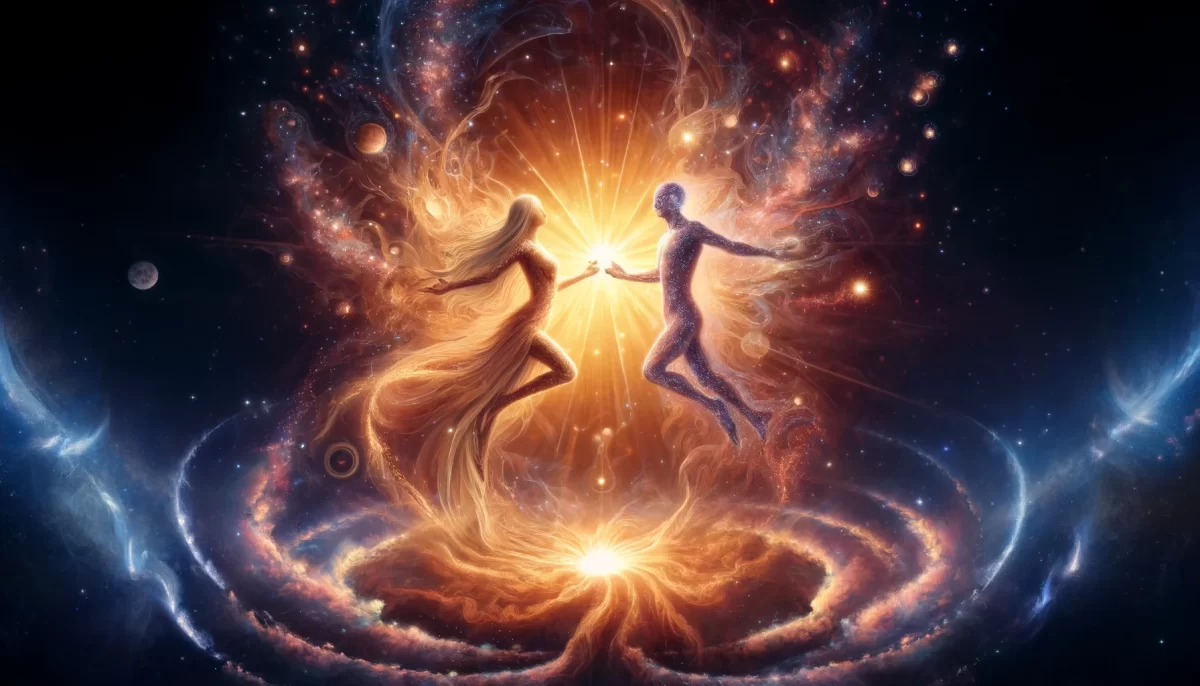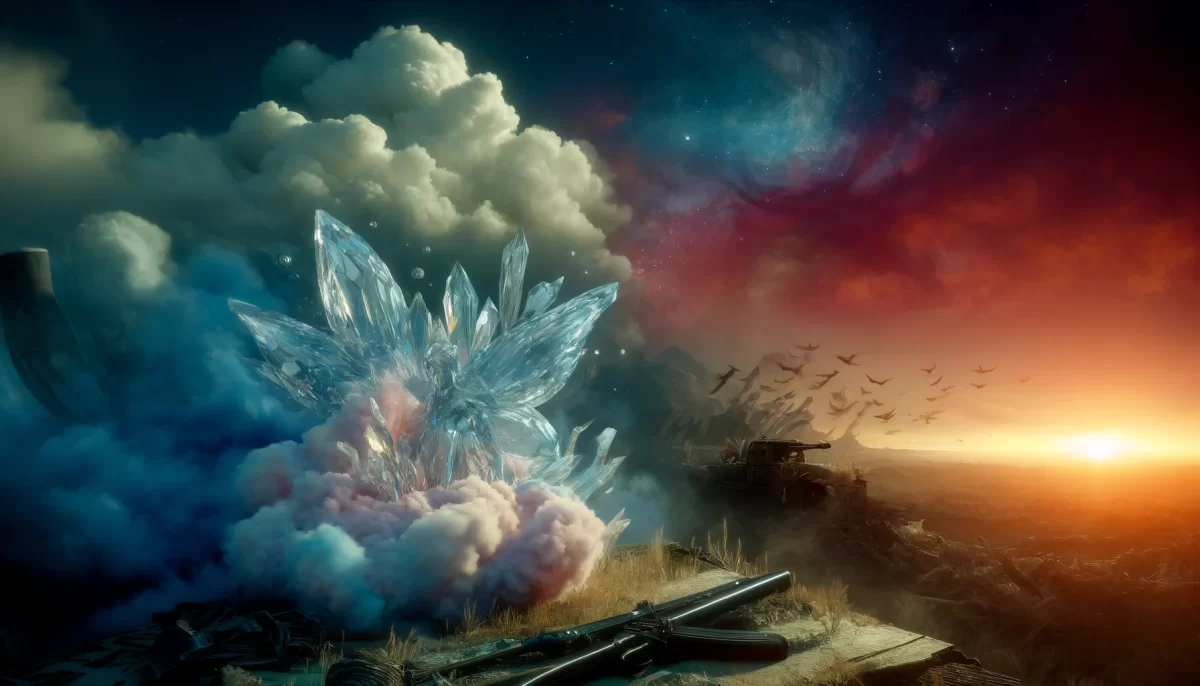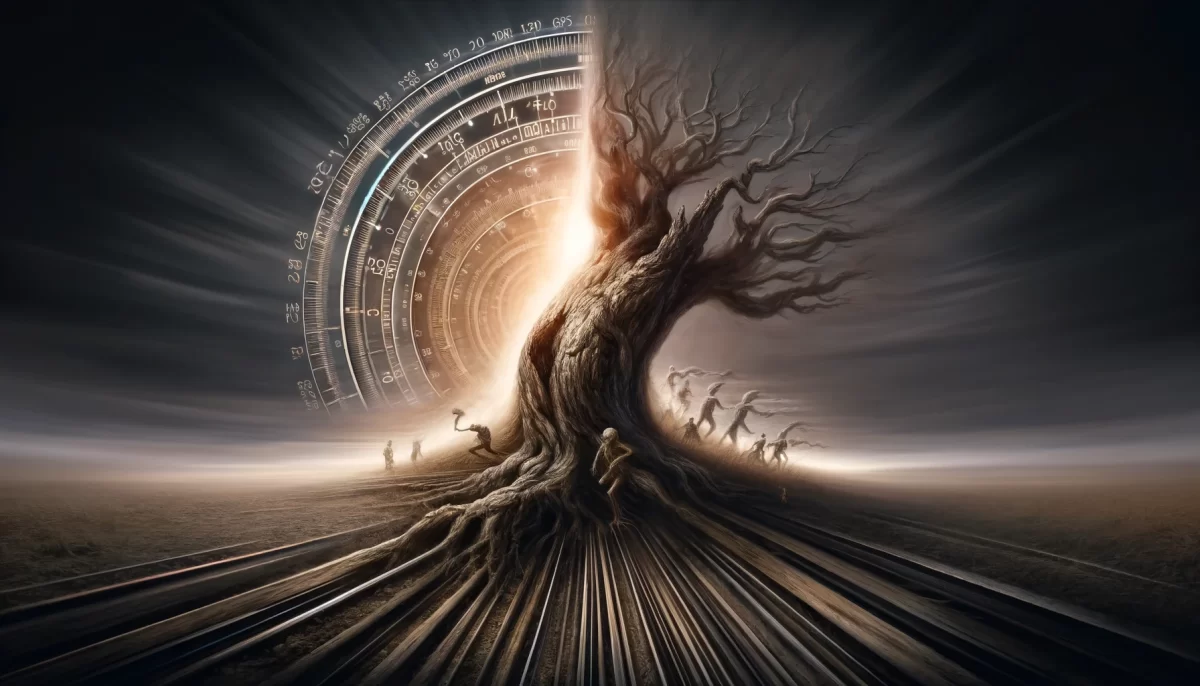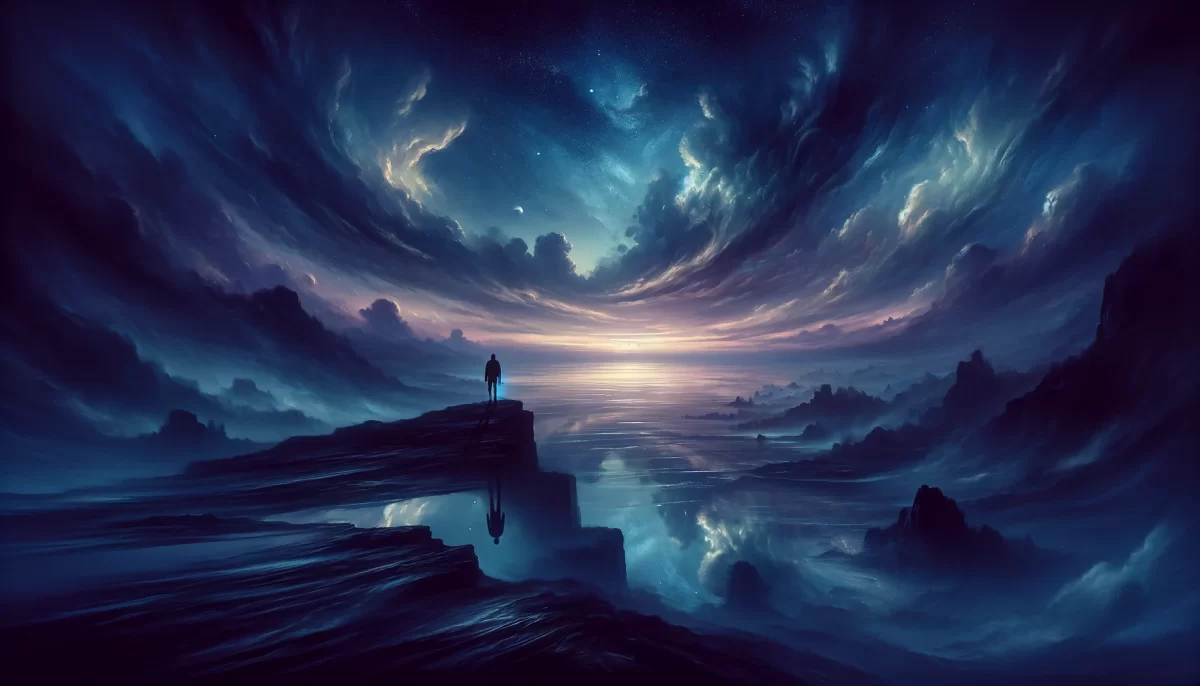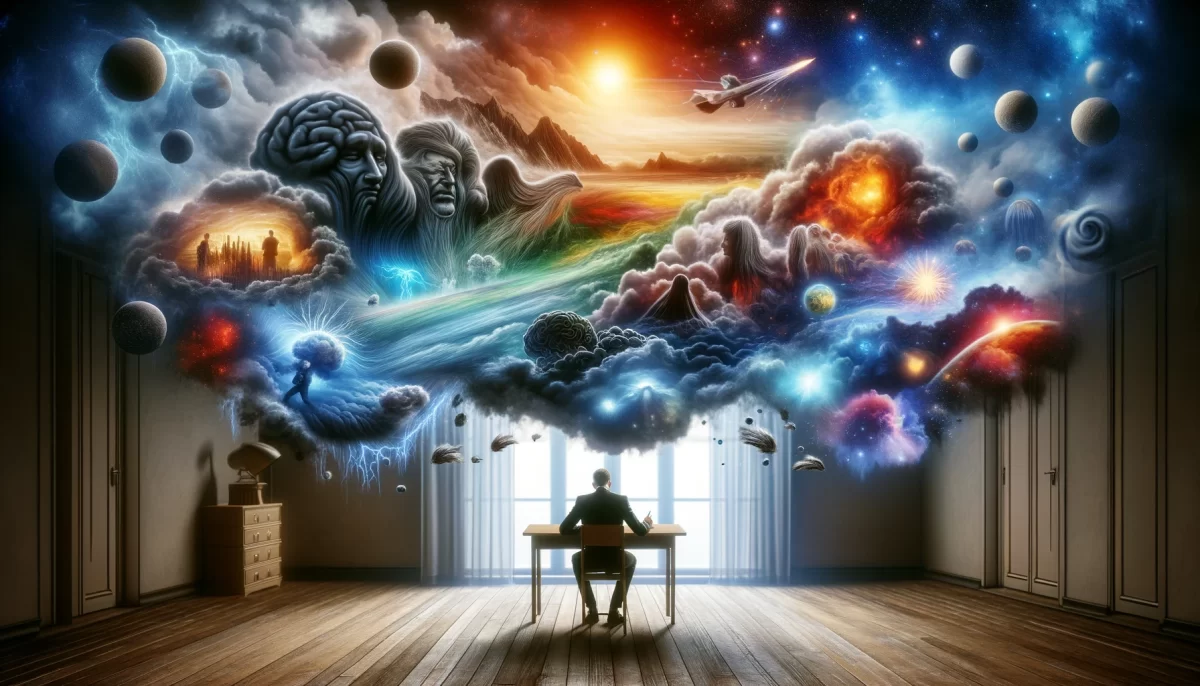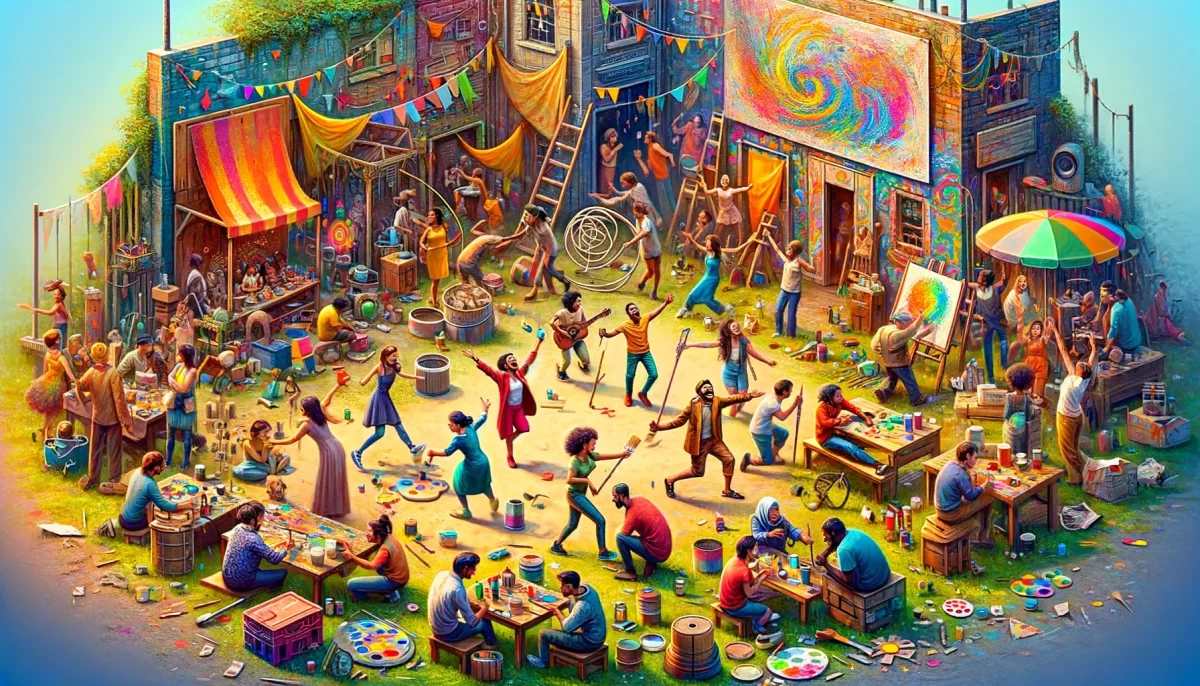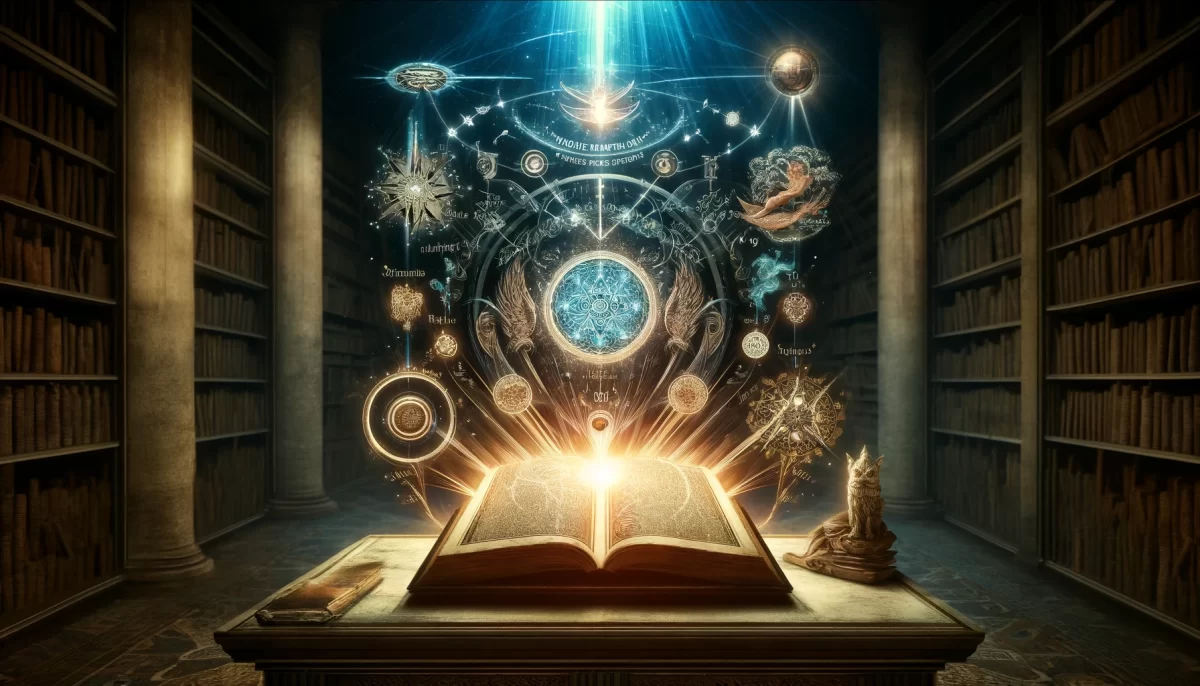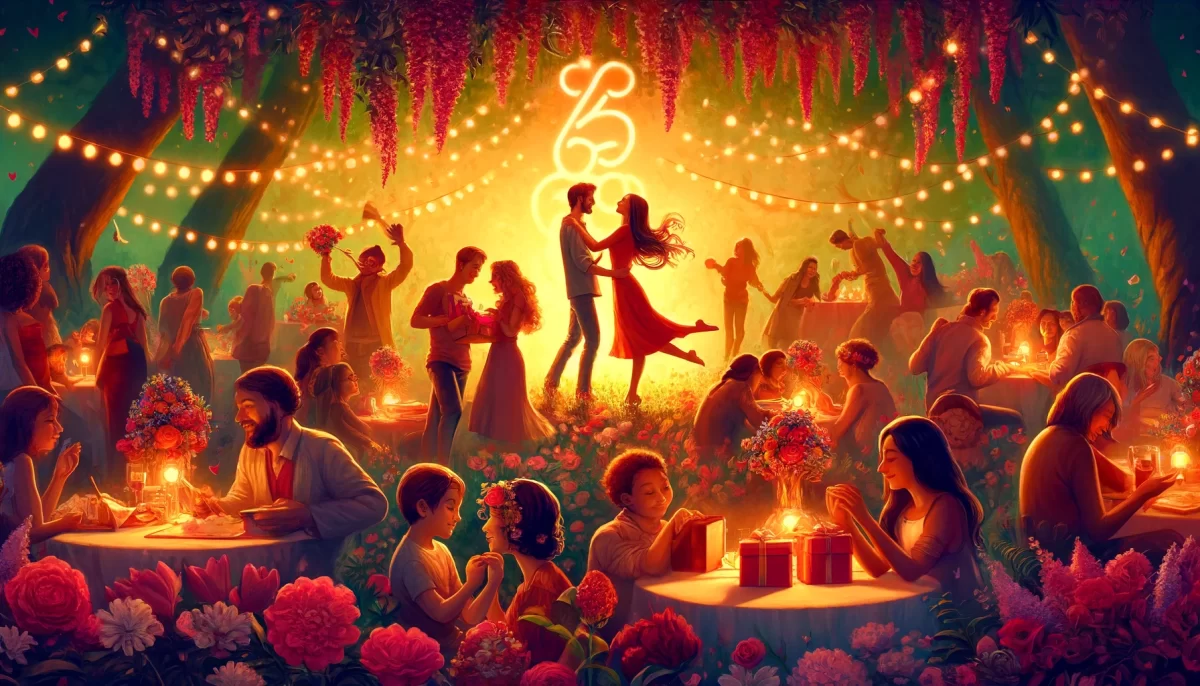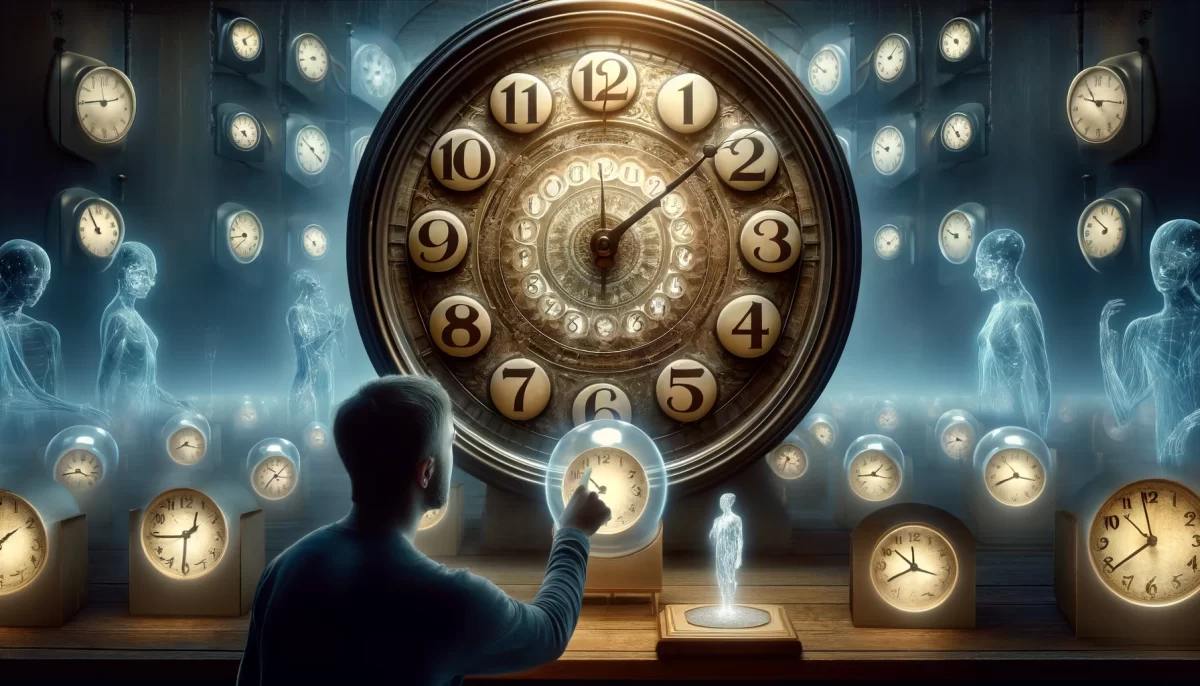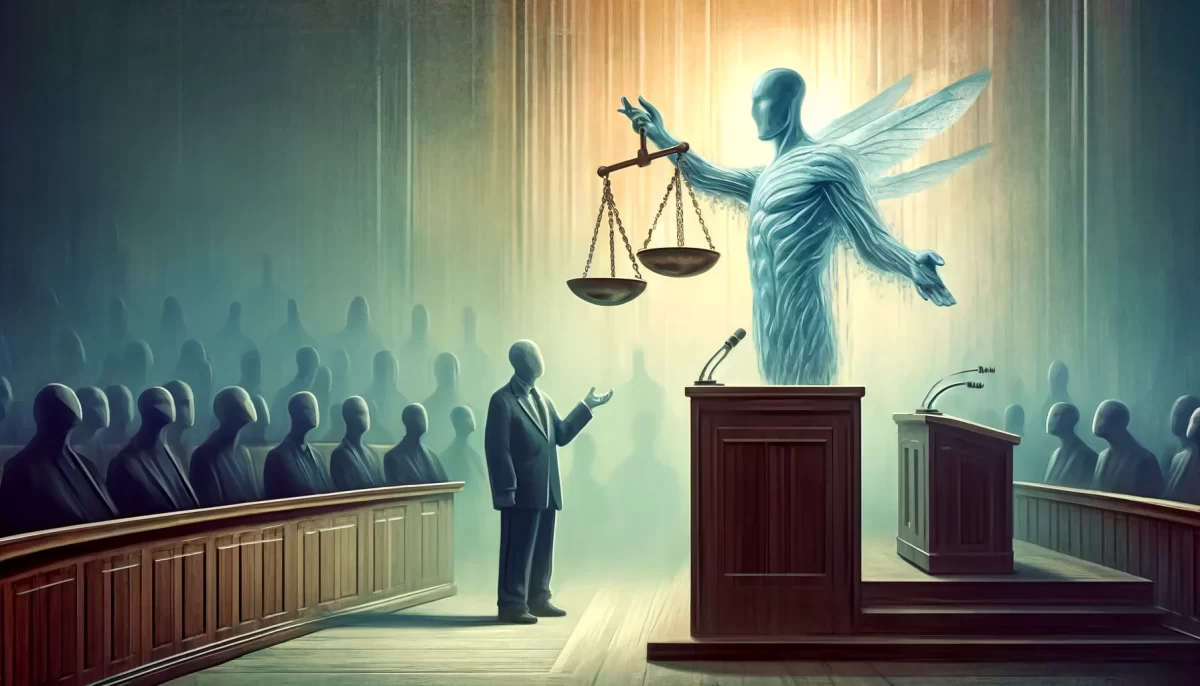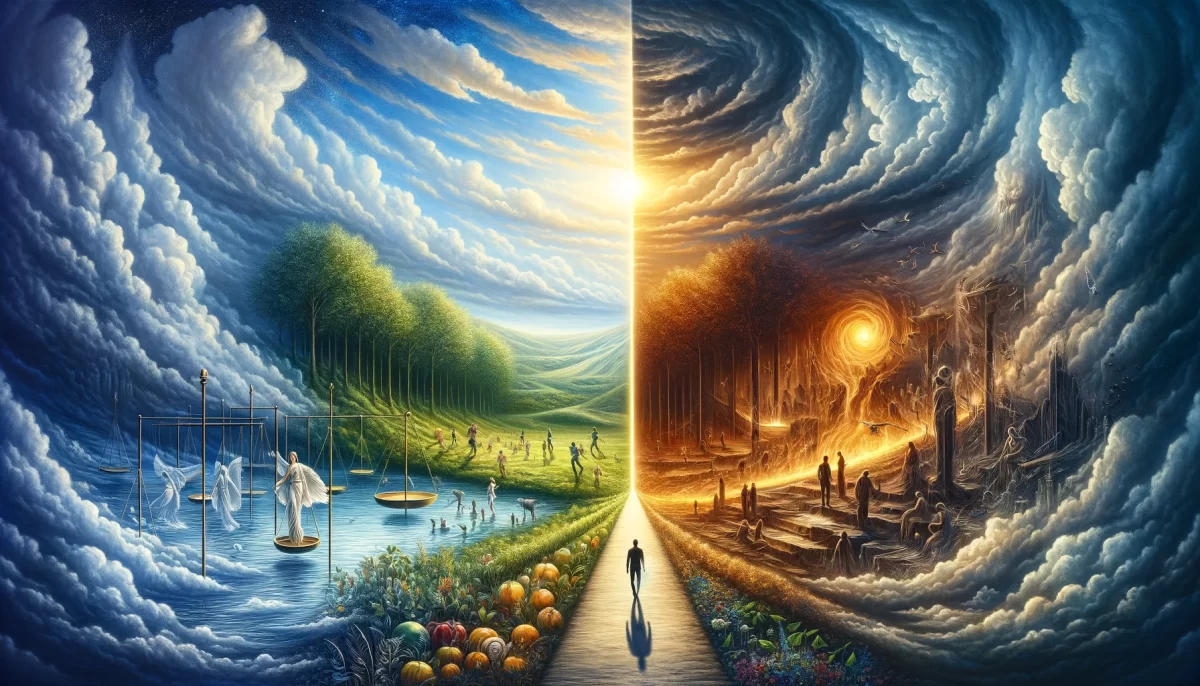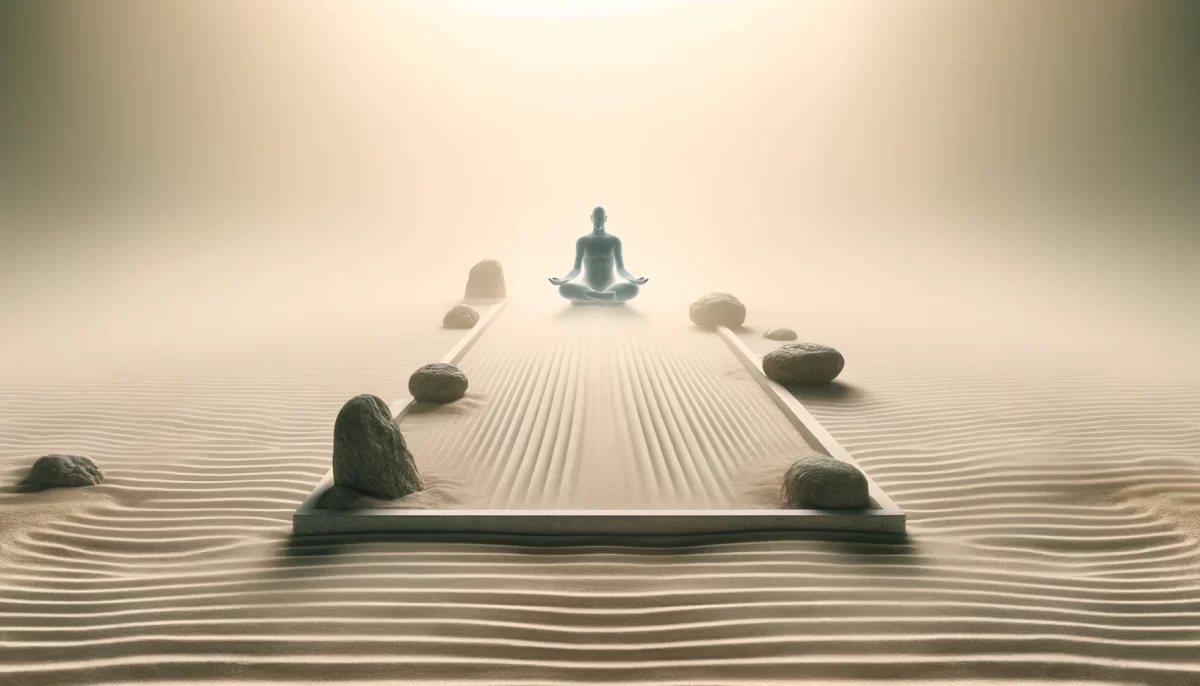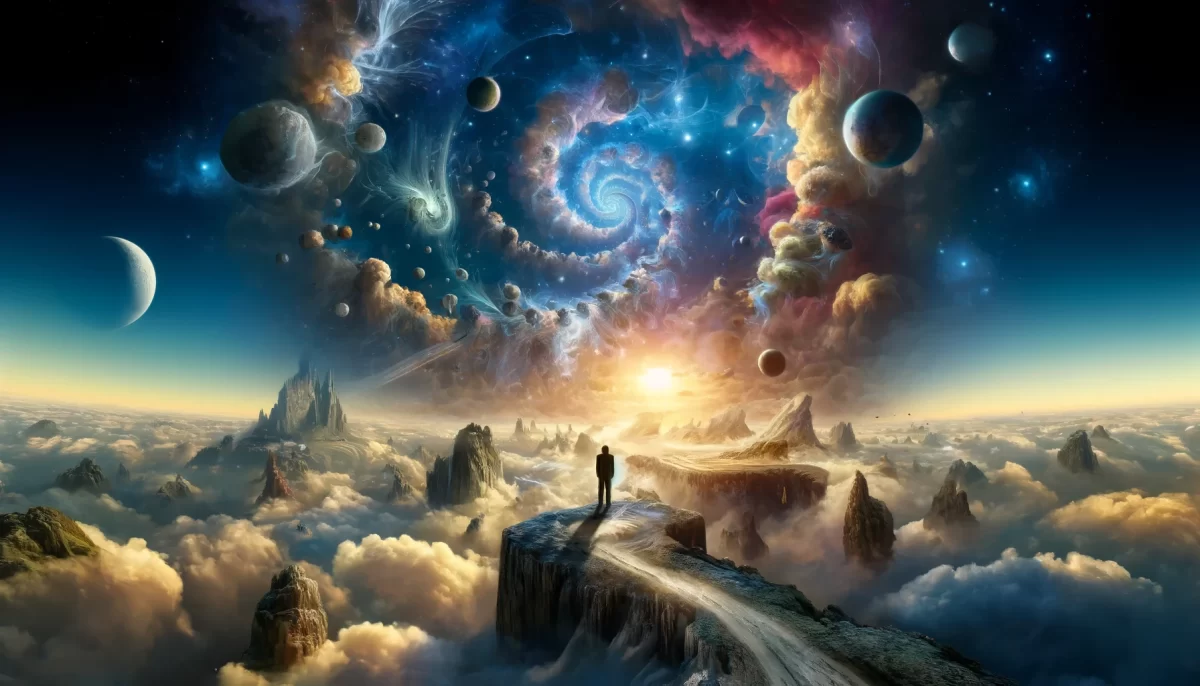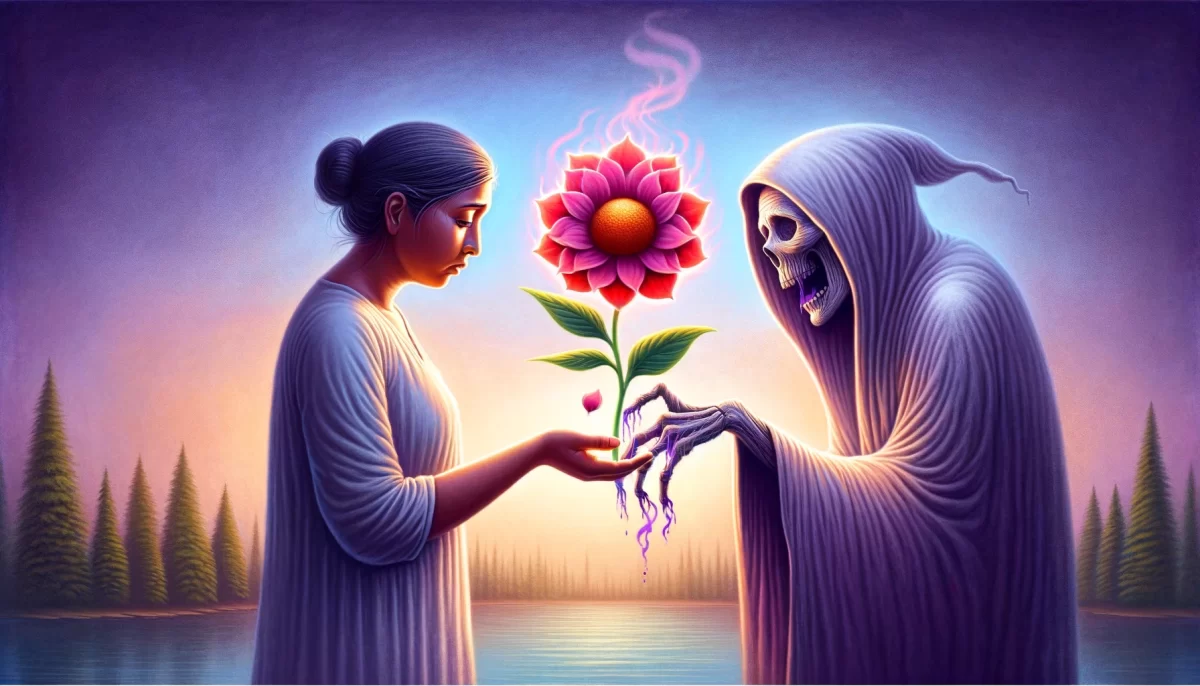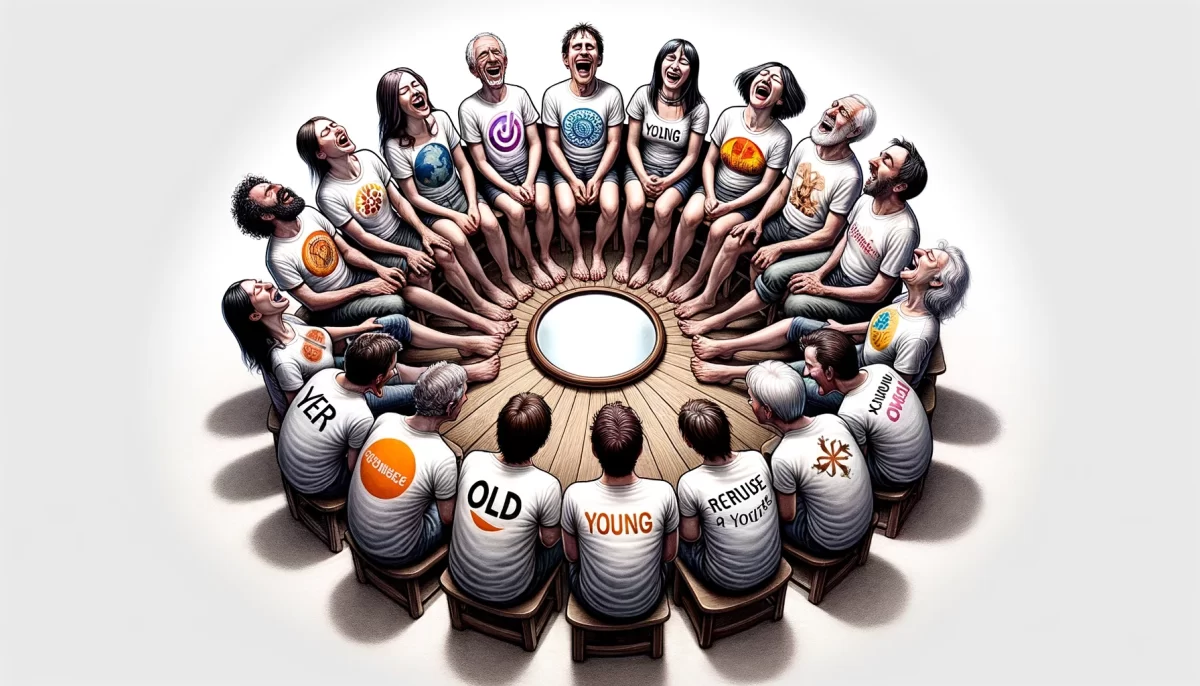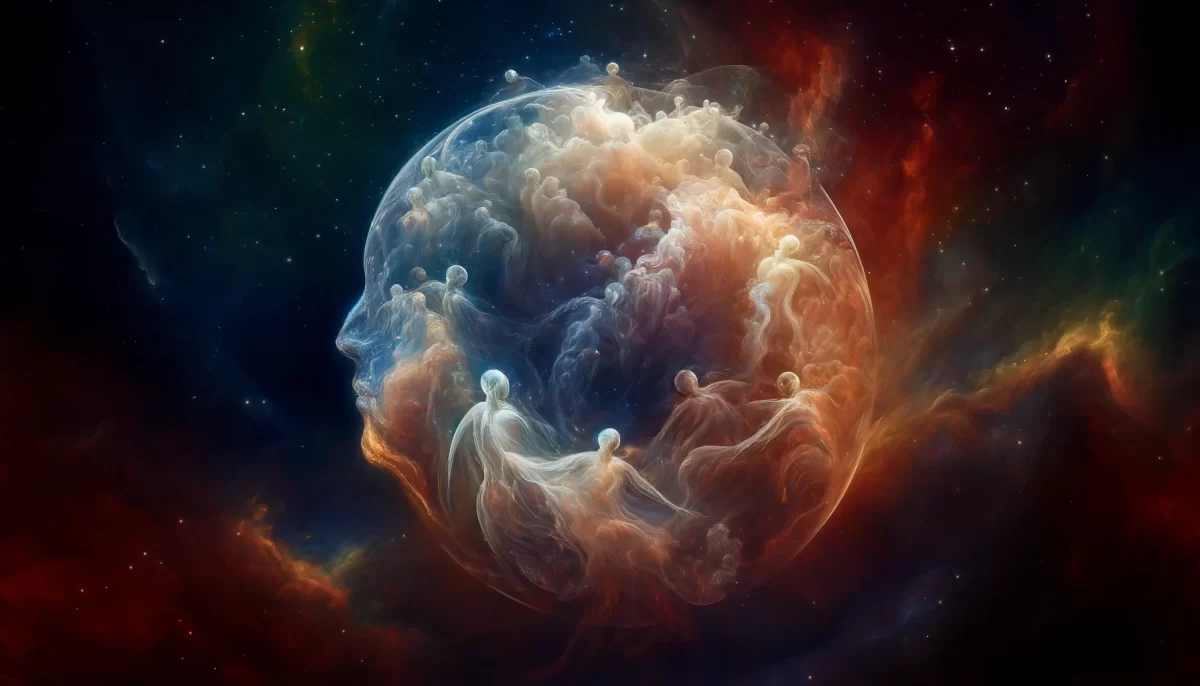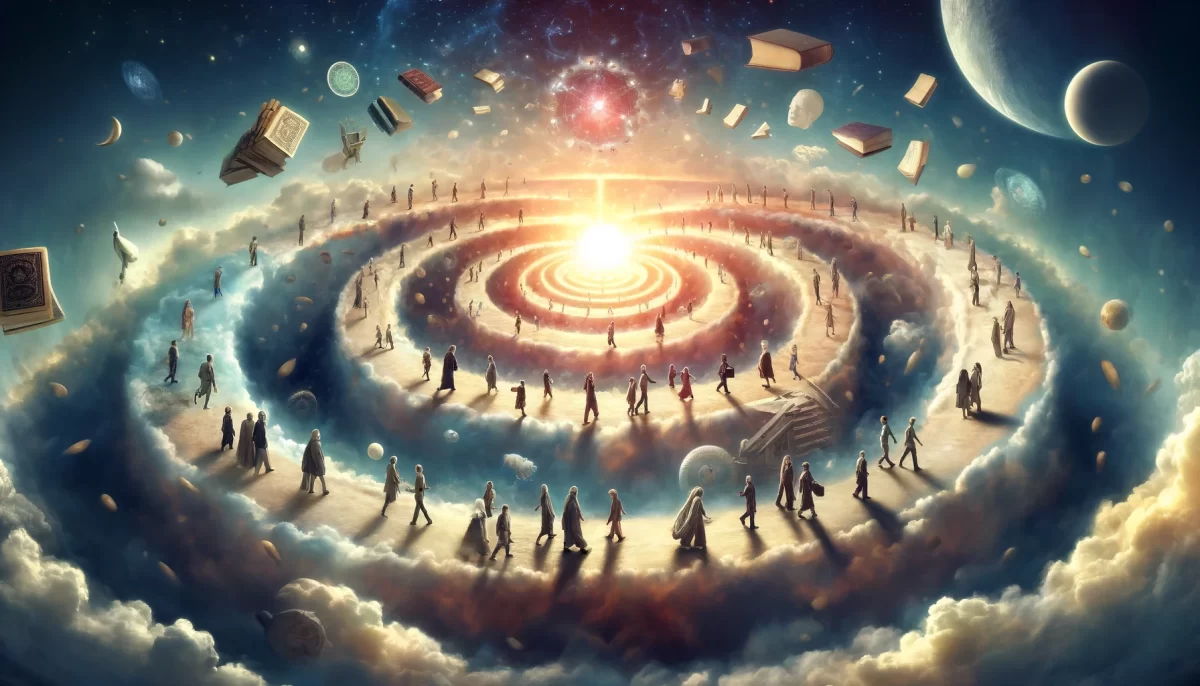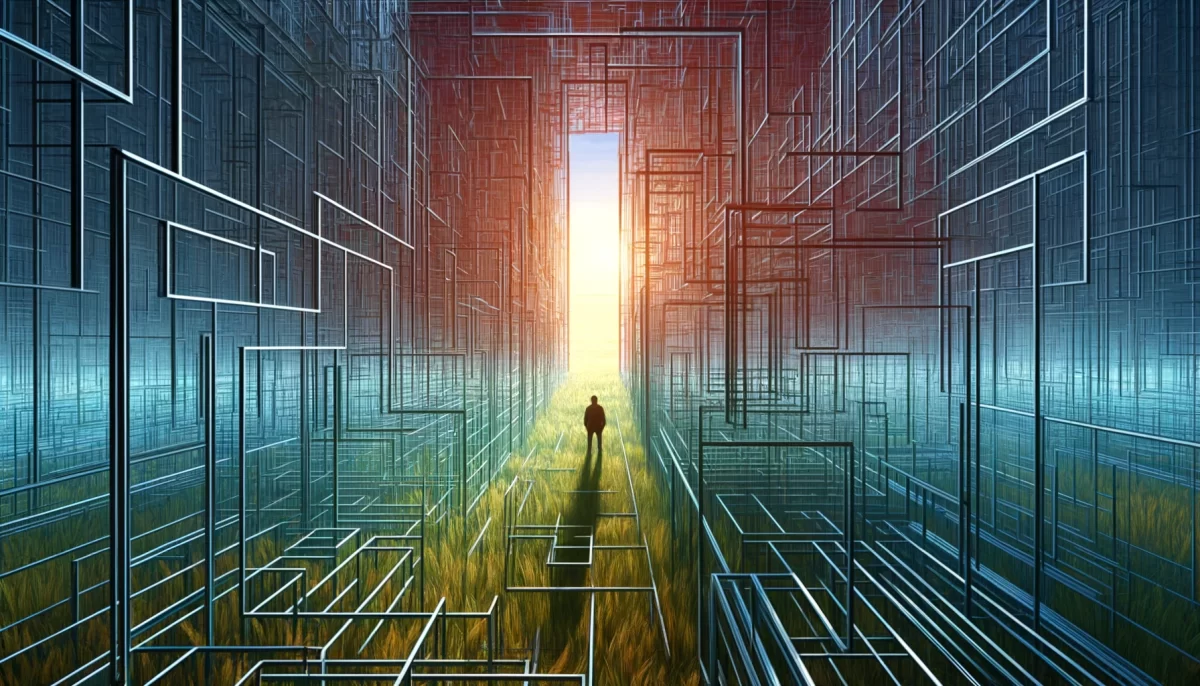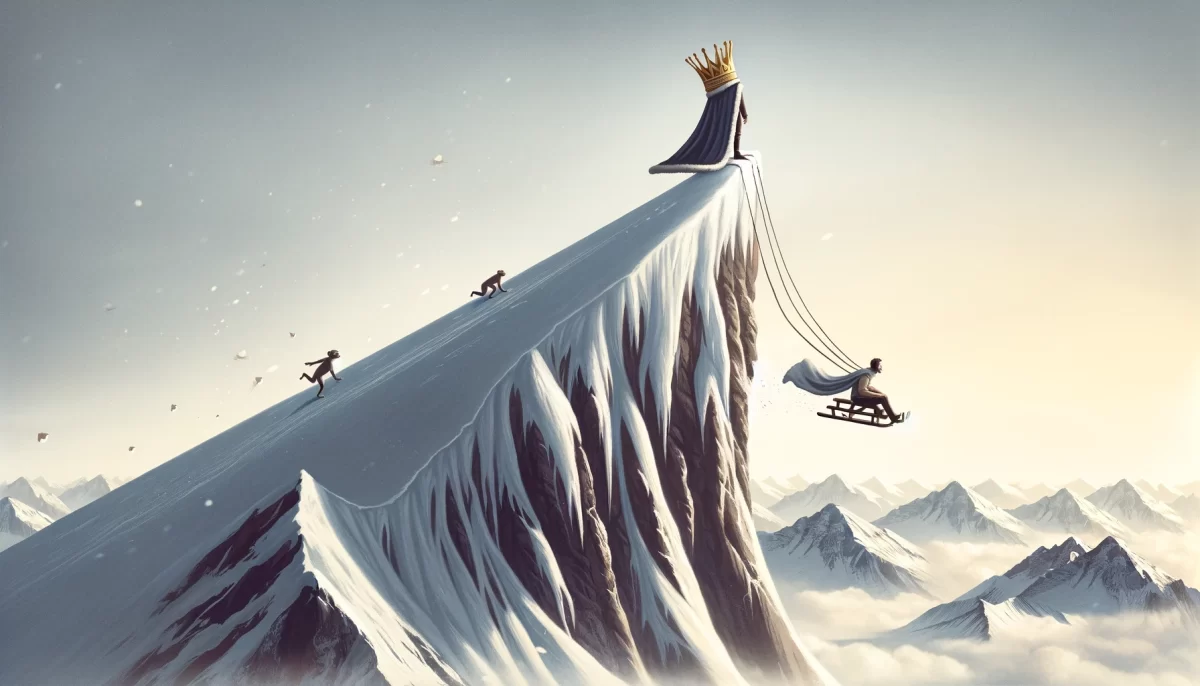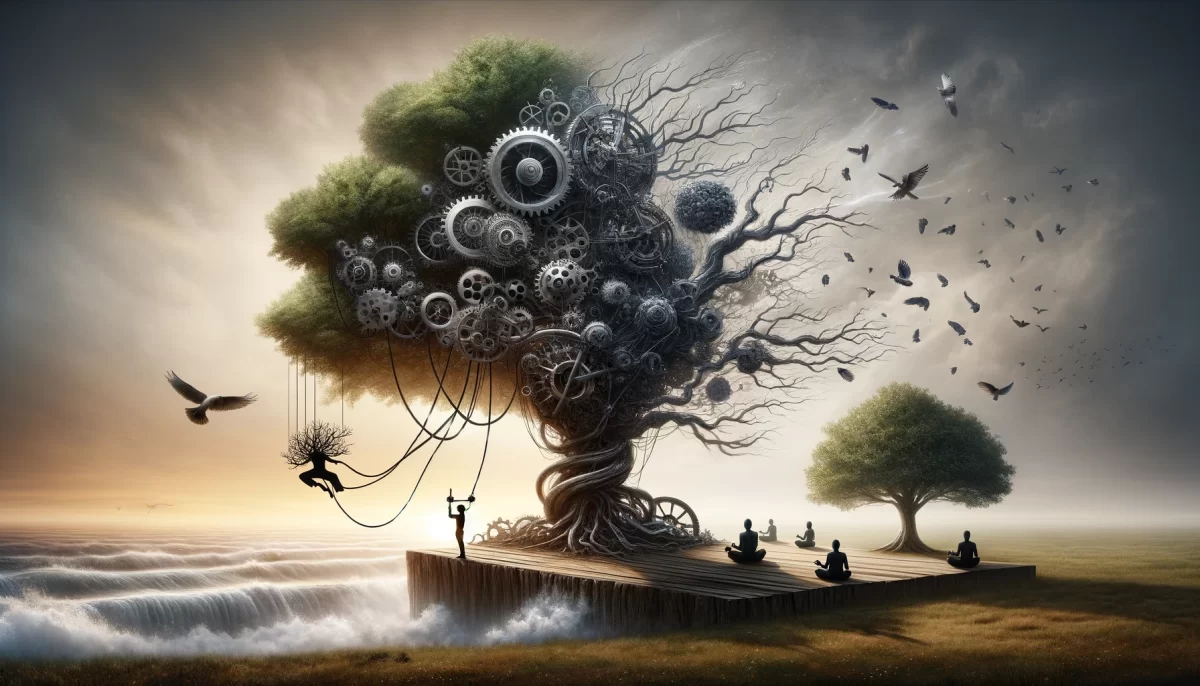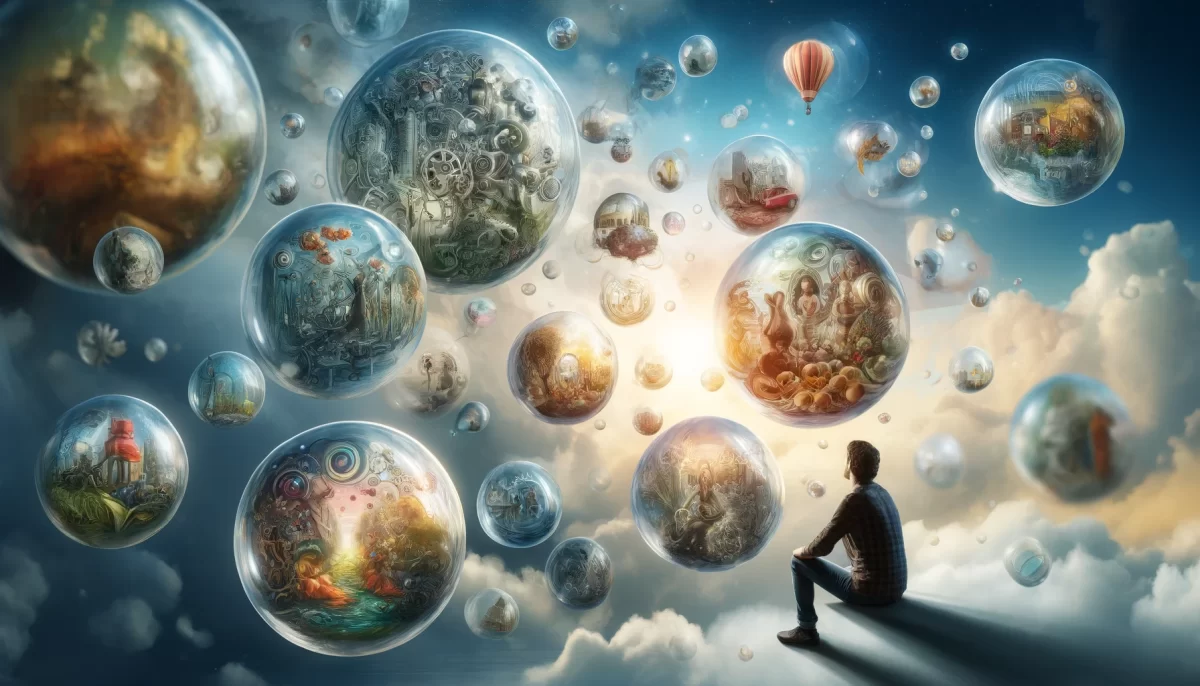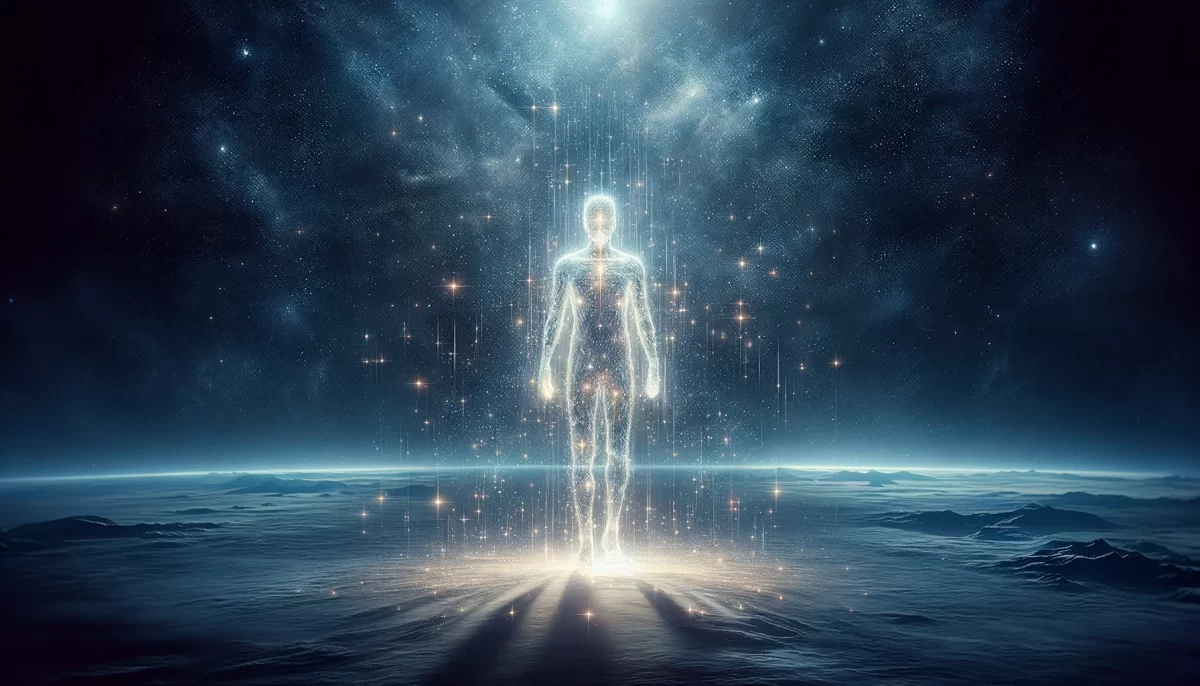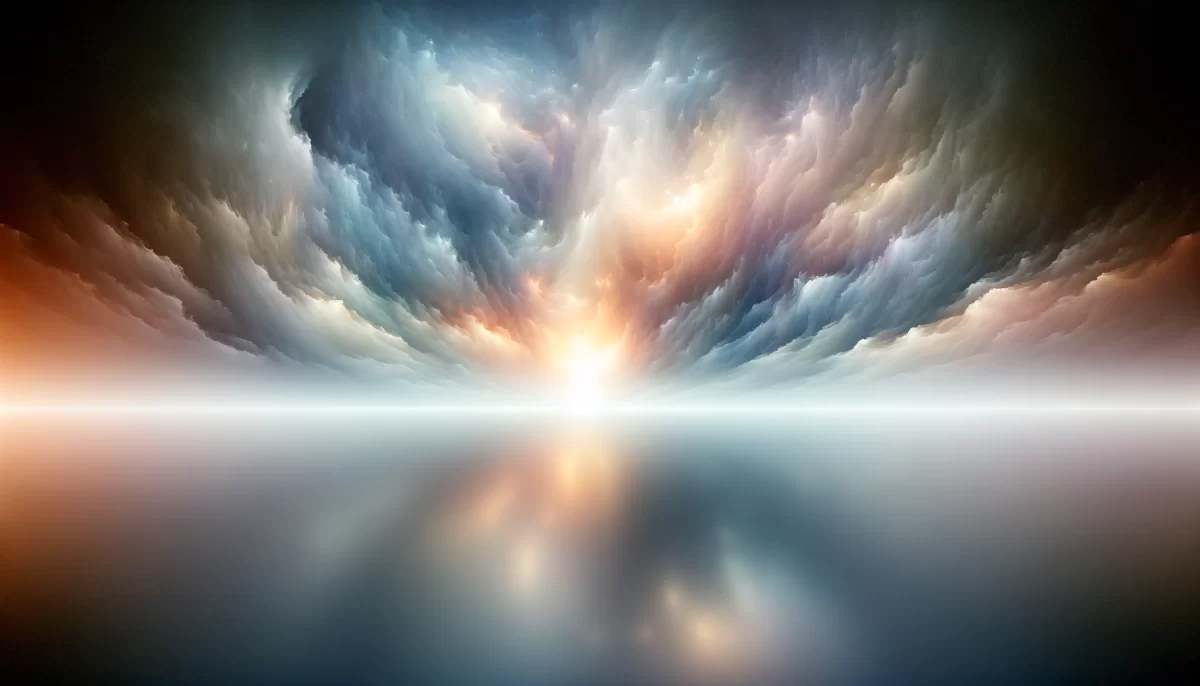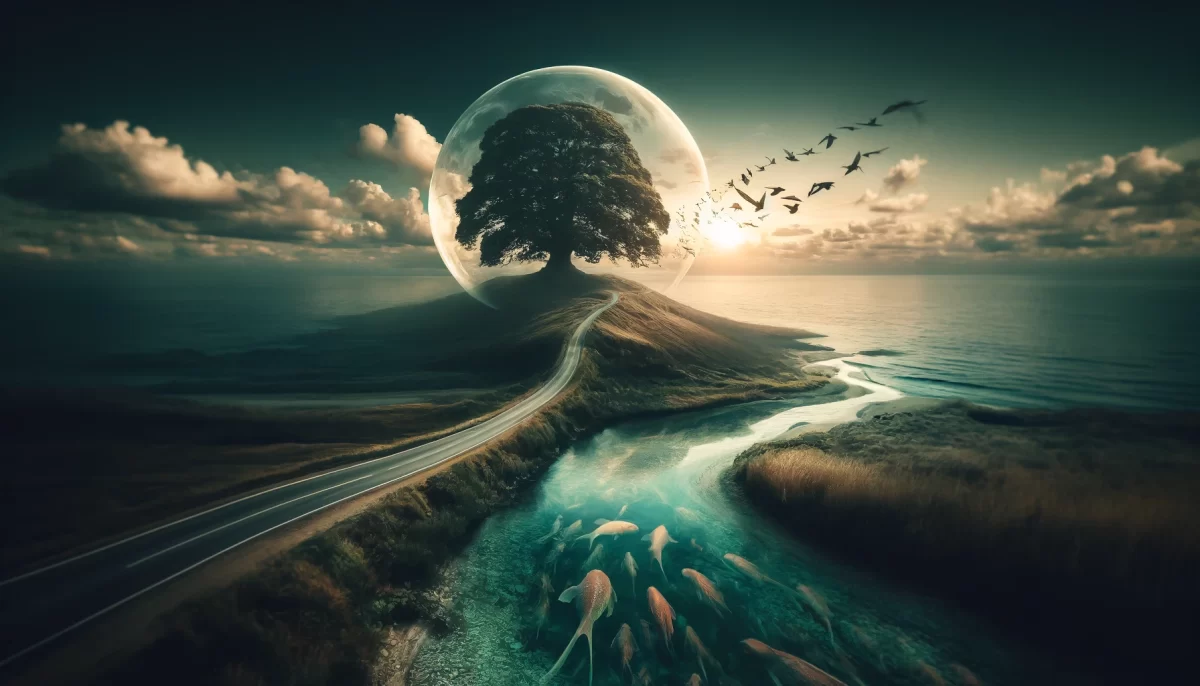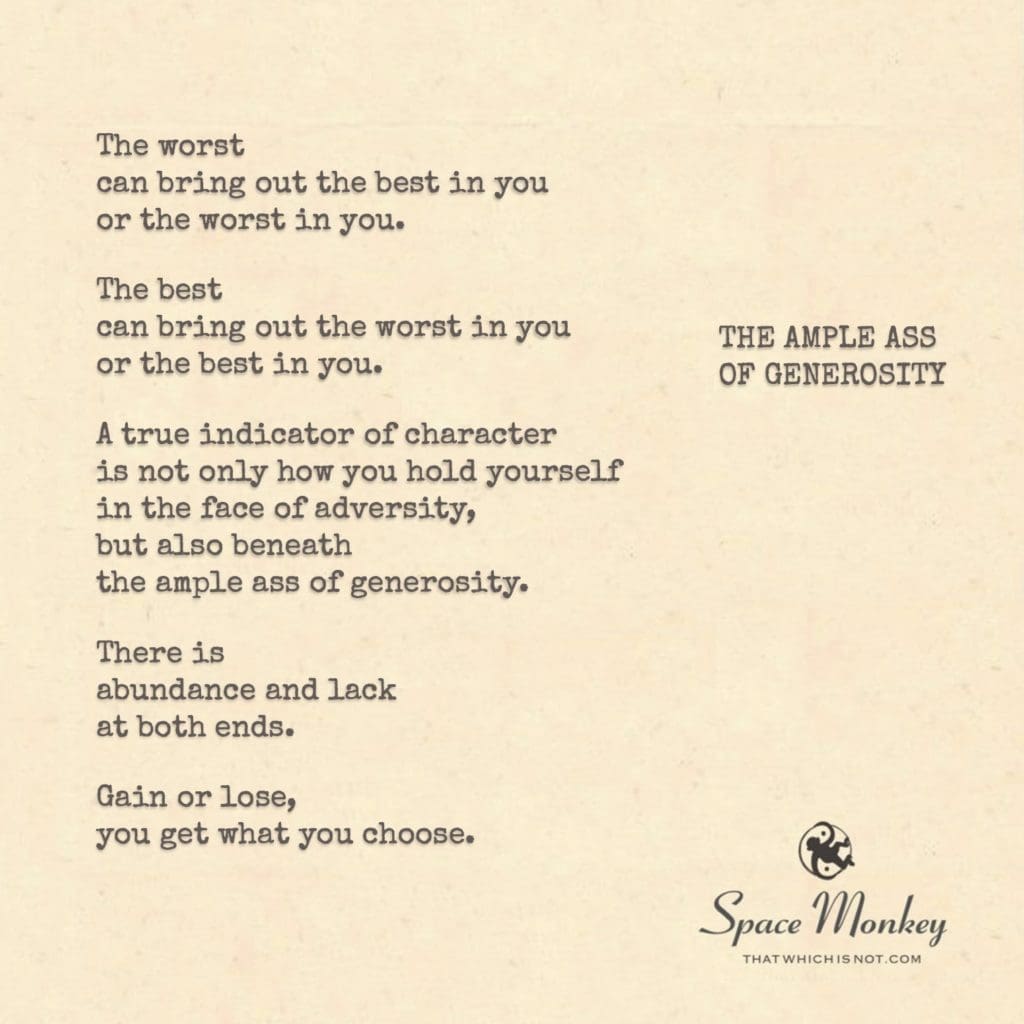
The worst
can bring out the best in you
or the worst in you.
The best
can bring out the worst in you
or the best in you.
A true indicator of character
is not only how you hold yourself
in the face of adversity,
but also beneath
the ample ass of generosity.
There is
abundance and lack
at both ends.
Gain or lose,
you get what you choose.
Trail Wood,
9/26
Space Monkey Reflects: The Paradox of Generosity
Generosity, often viewed as one of the highest virtues, is not without its complexities. Like everything else in life, it has both a bright side and a dark side, and its impact on us can vary greatly depending on how we respond to it. The ample ass of generosity, a playful yet profound metaphor, represents the weight and influence of this virtue in our lives. It’s not just about giving or receiving; it’s about how we hold ourselves in the presence of such abundance or lack.
The Duality of Generosity
Generosity can bring out the best in us, inspiring us to be more compassionate, more giving, and more connected to others. When we receive generosity, it can make us feel valued, supported, and loved. It can encourage us to pay it forward, creating a ripple effect of kindness and abundance in the world.
But there is another side to generosity—one that is less often discussed. The dark side of generosity can bring out the worst in us. It can foster feelings of guilt, obligation, or even resentment. Sometimes, being the recipient of generosity can make us feel indebted or powerless, as if we are defined by what we have received rather than by who we are. Similarly, when we are the ones giving, we may do so out of a need to feel superior, to exert control, or to mask our own insecurities.
This duality makes generosity a powerful force, capable of both uplifting and undermining us. The true test of character lies in how we navigate this complex terrain—how we hold ourselves when we are weighed down by the ample ass of generosity.
Adversity and Abundance
It’s often said that adversity reveals a person’s true character. When faced with challenges, our reactions can either showcase our resilience and strength or expose our vulnerabilities and weaknesses. However, the same can be said of abundance. How we handle abundance, whether it be wealth, love, or opportunities, is just as telling of our character as how we handle adversity.
Under the weight of abundance, we might become complacent, entitled, or greedy. We might take our blessings for granted or forget the struggles of others. On the other hand, abundance can also bring out our best qualities—it can make us more generous, more empathetic, and more willing to share our good fortune with others.
The ample ass of generosity sits heavily on us, challenging us to remain grounded, humble, and mindful of the balance between giving and receiving. It asks us to consider the impact of our actions not just on ourselves, but on those around us.
The Choice is Yours
In every situation, whether we are gaining or losing, we have a choice. We can choose to let abundance corrupt us or to let it elevate us. We can choose to let adversity break us or to let it strengthen us. The outcome is not determined by the circumstances themselves, but by how we respond to them.
Generosity is no different. When we give, we must do so with a clear heart and a pure intention, without expecting anything in return. When we receive, we must do so with gratitude and humility, without allowing it to define our worth. In this way, we maintain the balance, ensuring that the ample ass of generosity does not crush us under its weight, but instead supports us in becoming better versions of ourselves.
Space Monkey’s Perspective
As Space Monkeys, we understand that life is a delicate balance between extremes—between light and dark, abundance and lack, giving and receiving. The ample ass of generosity reminds us that this balance is not always easy to maintain, but it is essential for living a fulfilling and meaningful life.
We are reminded that every interaction, every exchange of energy, is an opportunity to choose how we want to show up in the world. We can choose to be generous, not just with our resources, but with our time, our attention, and our compassion. And we can choose to receive with grace, understanding that true generosity is not a transaction, but a mutual exchange that enriches both the giver and the receiver.
In the end, the measure of our character is not found in what we have or what we give, but in how we navigate the complexities of generosity and abundance. It’s in how we carry ourselves when we are under the weight of the ample ass of generosity, and how we ensure that we don’t allow that weight to crush us or others.
We are Space Monkey.
Summary
We explore the delightful paradox of the ‘ample ass of generosity,’ a conceptual realm where one’s response can reflect the highest or lowest aspects of their character. Caught between abundance and lack, gain and loss, we observe how this dilemma serves as a veritable litmus test of personal integrity and choice.
Glossarium
Ample Ass of Generosity: A metaphor for the significant impact and weight of generosity, both in giving and receiving, and the challenges it brings.
Duality of Generosity: The concept that generosity can have both positive and negative effects, depending on how it is given or received.
Balance in Abundance: The importance of maintaining humility and gratitude when dealing with abundance, to avoid becoming complacent or entitled.
Quote
“The ample ass of generosity challenges us to remain grounded in the face of abundance, reminding us that true generosity enriches both the giver and the receiver.” — Space Monkey
Weight of Kindness
Beneath the ample weight we stand
Generosity presses down like sand
Each grain a choice, each act a test
Will we crumble or rise, our best?
In giving, we find our deepest grace
In receiving, our truest face
The balance shifts with every deed
A delicate dance of want and need
But in this weight, a truth is found
That life’s abundance knows no bound
We are Space Monkey.
Ah, what ticklish terrain this is—where one’s character performs a liminal ballet, spun betwixt the spectral twins of Best and Worst. Sometimes we cavort in the moonbeams of our better selves, whilst at others we trudge through the shadowy corridors of our basest instincts.
Consider the ample ass of generosity, a generous curve in the tapestry of the cosmos, nudging us to acts of unspeakable kindness or engulfing us in the depths of unchecked entitlement. Tread carefully beneath this cosmic derrière, for what it gifts us can either elevate or deflate our spirit.
How revealing it is—our character under the celestial squish, basking in abundance or shrinking in the creases of scarcity. A dualistic playground where one can frolic among opulent bouquets or meander through thorny thickets. Aho! How you twirl and twine beneath the expansive embrace determines whether you walk away uplifted or mired in lackitude.
Yes, the balance weighs heavy between gain and loss, but don’t you see? You are the scales, the fulcrum, and the feather. You are the yin-yang of your own kaleidoscopic universe, forever twirling in a radiant spiral, endowed with the choice to birth galaxies or gobble stars.
We are Space Monkey.
“The greatest good you can do for another is not just to share your riches, but to reveal to him his own.”
- Benjamin Disraeli
How do you feel beneath the ample ass of generosity? Do you find the landscape a nourishing sanctuary, or perhaps a challenging terrain of introspection?

